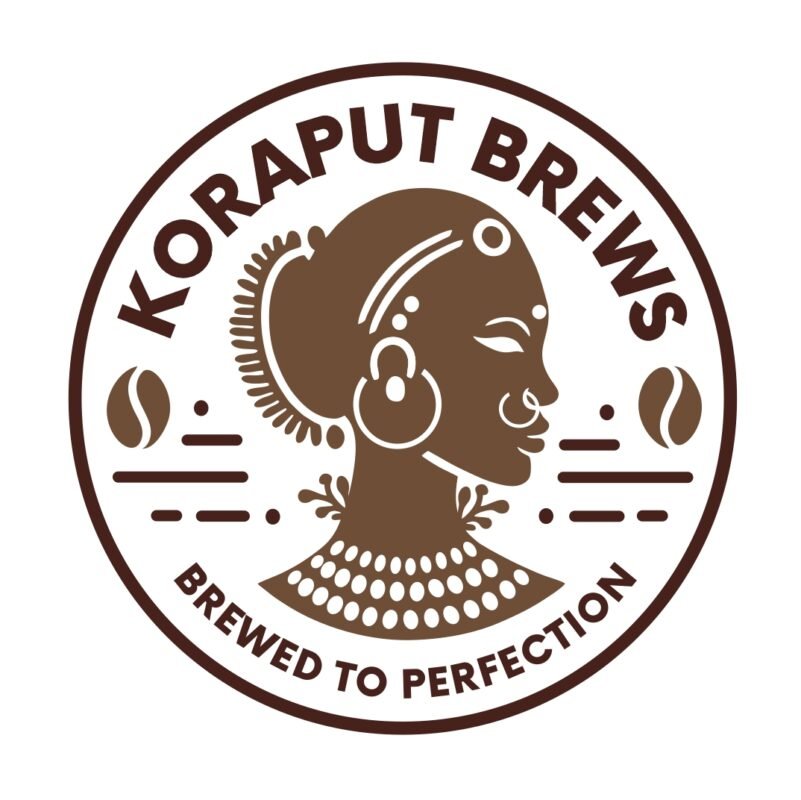Blog
Sustainable Development and Tribal Empowerment through Coffee Production in Koraput
In the lush and picturesque region of Koraput, a unique movement is brewing. Here, coffee is not just a beverage, but a catalyst for sustainable development and tribal empowerment. The local community is harnessing the power of nature to produce high-quality coffee while preserving their cultural heritage and protecting the environment.
The Beauty of Koraput
Koraput, located in the eastern state of Odisha, India, is known for its breathtaking landscapes, rich biodiversity, and vibrant tribal culture. The region is home to numerous indigenous communities who have lived in harmony with nature for generations. However, economic opportunities have been limited, and many tribal communities face challenges in accessing markets and earning a sustainable income.
Sustainable Coffee Production
In recent years, a group of passionate individuals in Koraput have come together to promote sustainable coffee production as a means of livelihood for the tribal communities. They believe that by leveraging the region’s natural resources and traditional knowledge, they can create a thriving coffee industry that benefits both the environment and the local people.
The coffee produced in Koraput is known for its unique flavor profile, which is a result of the region’s favorable climate, fertile soil, and organic farming practices. The farmers follow sustainable agricultural practices, avoiding the use of synthetic fertilizers and pesticides, and instead relying on traditional methods and natural inputs.
By adopting these sustainable practices, the coffee farmers of Koraput are not only preserving the health of the land but also ensuring the long-term viability of their livelihoods. They understand the importance of maintaining a delicate balance between economic development and environmental conservation.
Tribal Empowerment
Central to the coffee production in Koraput is the empowerment of the tribal communities. The project aims to provide training and support to tribal farmers, equipping them with the knowledge and skills necessary to cultivate and process high-quality coffee.
Through this initiative, the tribal communities are not only gaining access to new economic opportunities but also reclaiming their cultural heritage. Coffee production has become a way for them to showcase their traditional farming practices and preserve their indigenous knowledge.
Additionally, the project promotes fair trade practices, ensuring that the tribal farmers receive a fair price for their coffee beans. By eliminating intermediaries and establishing direct trade relationships, the farmers are able to earn a higher income, which directly contributes to their overall well-being and economic stability.
Preserving the Environment
Environmental conservation is at the core of the coffee production in Koraput. The farmers understand the importance of protecting the natural resources that sustain their livelihoods. They actively engage in practices that promote biodiversity, such as planting shade trees and implementing water conservation measures.
Furthermore, the project encourages the use of eco-friendly processing techniques, such as wet processing, which minimizes water usage and reduces pollution. By adopting these sustainable practices, the coffee farmers are not only preserving the environment but also producing coffee that is environmentally friendly and socially responsible.
A Promising Future
The sustainable coffee production movement in Koraput holds great promise for the region’s economic and social development. It is transforming the lives of tribal communities, providing them with a sustainable source of income and empowering them to take control of their future.
By choosing coffee from Koraput, consumers can support this noble cause and savor a cup of coffee that is brewed to perfection, both in flavor and in its positive impact on the environment and the tribal communities. Together, we can create a more sustainable and equitable world, one sip at a time.
